You don’t need to go deep into the Amazon or brew a mysterious tea to encounter plants that affect your brain.
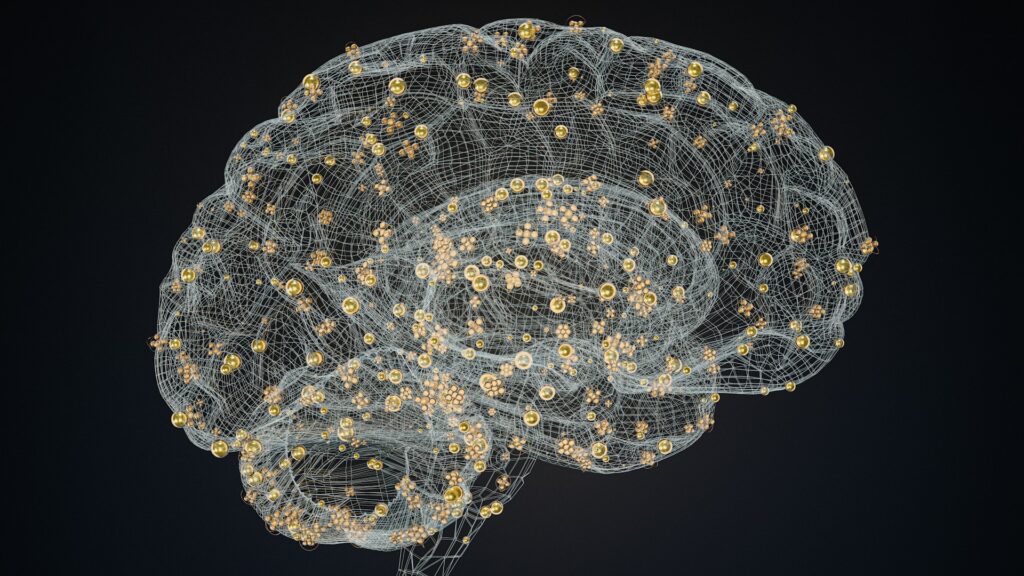
Some of them are sitting in your kitchen right now. Others grow wild in parks or pop up in herbal teas with names that sound harmless. But behind the scenes, they’re interacting with your nervous system, shifting neurotransmitters, and quietly changing the way you think or feel. Here are 12 plants that are sneakily messing with your mind in ways most people never realise.
1. Nutmeg
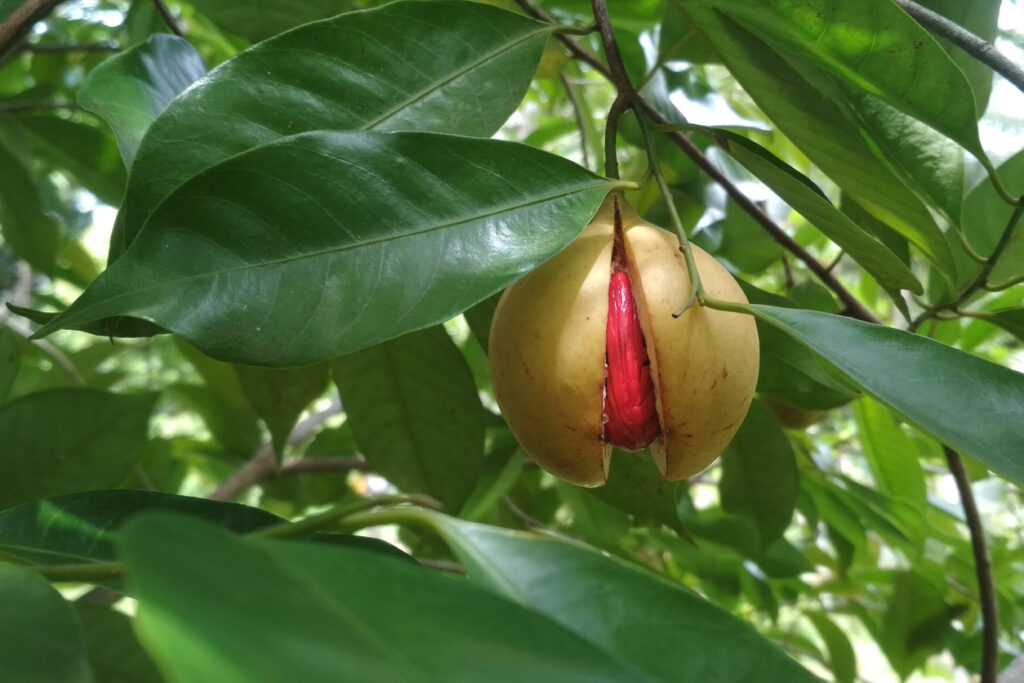
Yes, the spice you sprinkle on porridge has psychoactive properties—at high doses, nutmeg can alter perception, mood, and even cause hallucinations. This comes from a compound called myristicin, which affects the same neural pathways as some synthetic drugs.
At cooking-level doses, nutmeg won’t do much beyond warming up a dessert. But in larger amounts (which, to be clear, can also be toxic), it acts on the central nervous system in ways scientists still don’t fully understand. It’s one of the most unsuspecting mind-benders in your spice rack.
2. Lavender

Known for its calming scent, lavender contains compounds like linalool that interact with GABA receptors in the brain—the same ones targeted by anti-anxiety meds. That’s why it’s often used in aromatherapy and sleep blends.
Even inhaling lavender oil or sipping it in tea can subtly reduce stress and quiet overactive brain chatter. You might not feel “drugged,” but the chemical impact is very real—and surprisingly similar to pharmaceutical-grade relaxation aids.
3. Sage
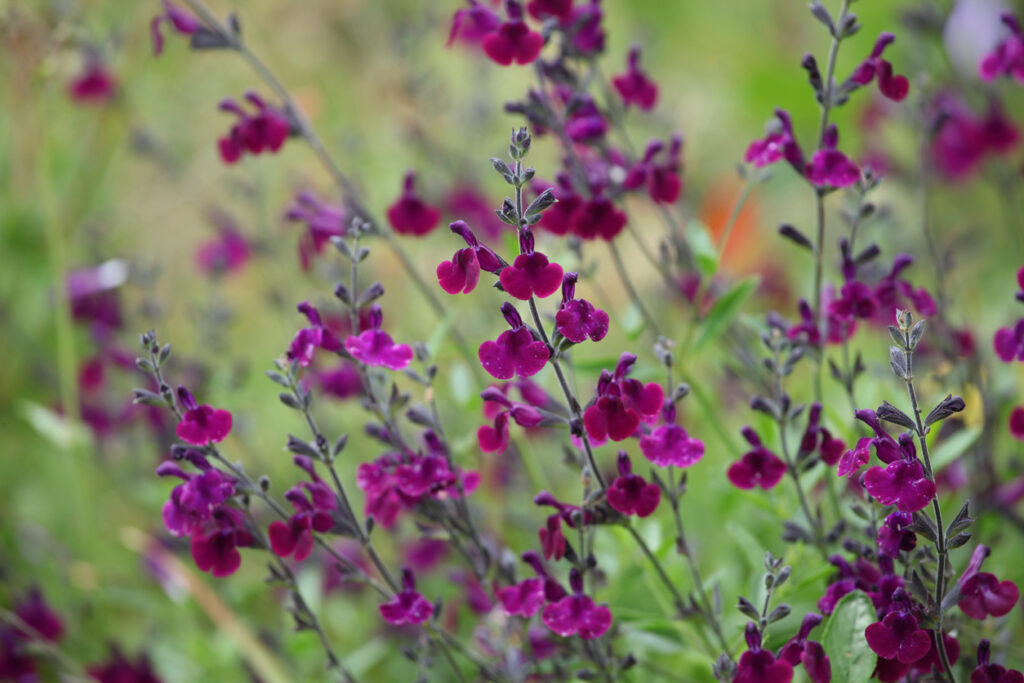
Sage isn’t just for roast dinners—it contains compounds that may enhance memory and cognitive performance. Some studies show it can improve attention, alertness, and even mood by boosting acetylcholine, a key neurotransmitter in learning and memory. Both common sage and its cousin clary sage have been studied for their effects on Alzheimer’s symptoms, suggesting there’s more going on in that aromatic herb than just seasoning power.
4. Chamomile
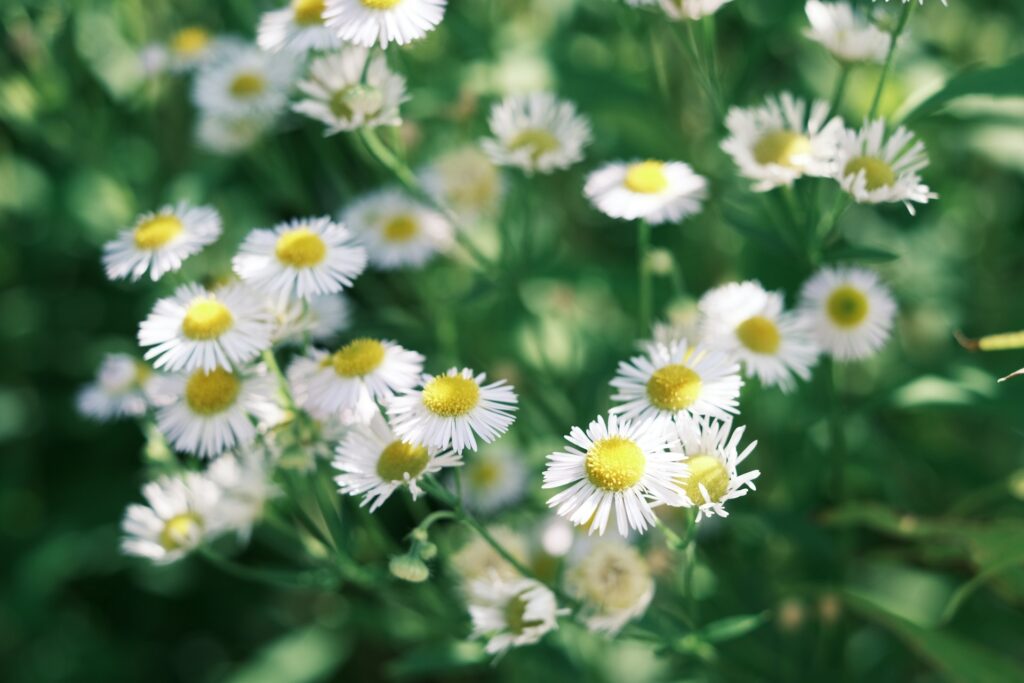
This bedtime favourite doesn’t just relax you—it actively affects brain chemistry. Chamomile interacts with GABA receptors, much like benzodiazepines, the class of drugs often prescribed for anxiety and insomnia. Its calming effect is subtle, but it’s chemical, not just psychological. Drink a strong enough brew and you’ll feel your muscles relax, your thoughts slow, and your stress take a noticeable step back.
5. Rosemary
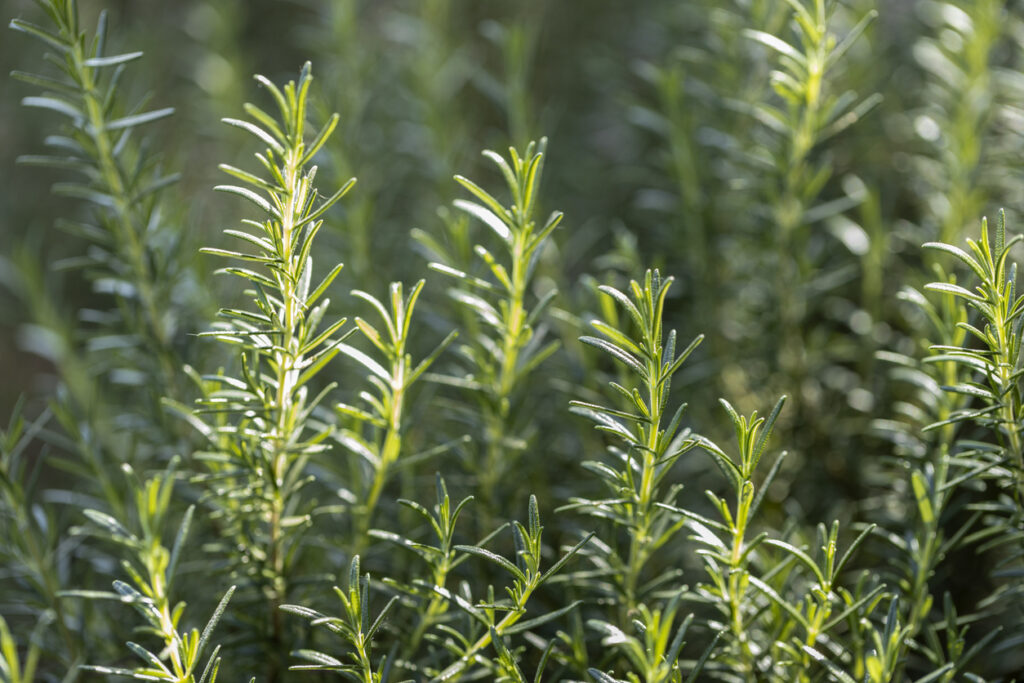
Rosemary might smell energising, and that’s not your imagination. The scent alone has been linked to improved concentration and memory. One of its active compounds, 1,8-cineole, appears to stimulate brain activity and increase blood flow to the head. It doesn’t sedate—it sharpens. That’s why rosemary is sometimes used in essential oil blends meant for focus, exams, or work. It’s a culinary herb with a mild nootropic twist.
6. Passionflower
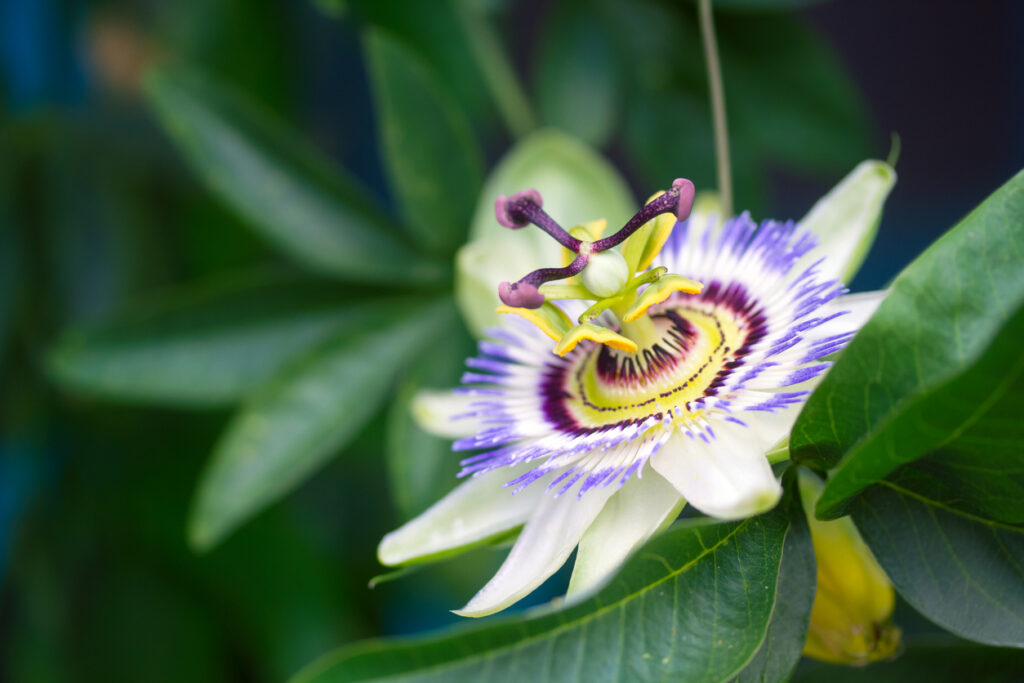
Despite the name, passionflower doesn’t ignite desire—it calms nerves. It contains flavonoids that modulate GABA activity in the brain, making it mildly sedative and a natural mood stabiliser. Used in teas, tinctures, and sleep formulas, it can reduce racing thoughts and smooth out irritability. It’s not mind-altering in a dramatic way, but it gently shifts your internal chemistry toward calm.
7. Turmeric
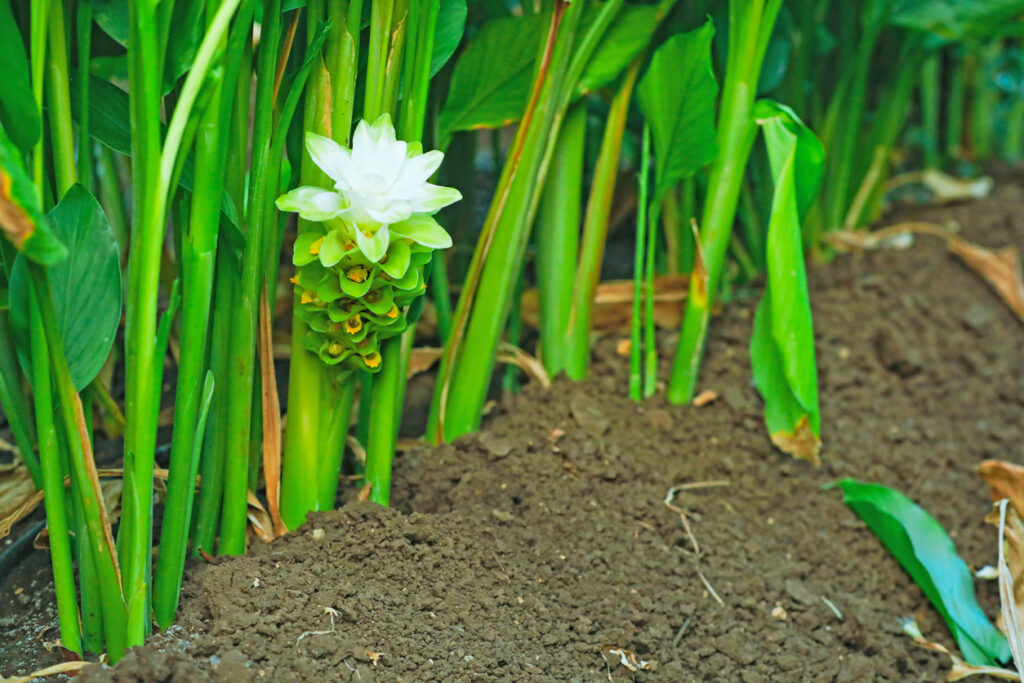
Turmeric’s active compound, curcumin, doesn’t just fight inflammation—it may increase levels of brain-derived neurotrophic factor (BDNF), which supports mood regulation, memory, and neuroplasticity. That’s why turmeric has been studied for its antidepressant-like effects, and why regular use may help with brain fog or even cognitive decline. It’s a golden spice with some golden brain benefits tucked beneath the surface.
8. Peppermint
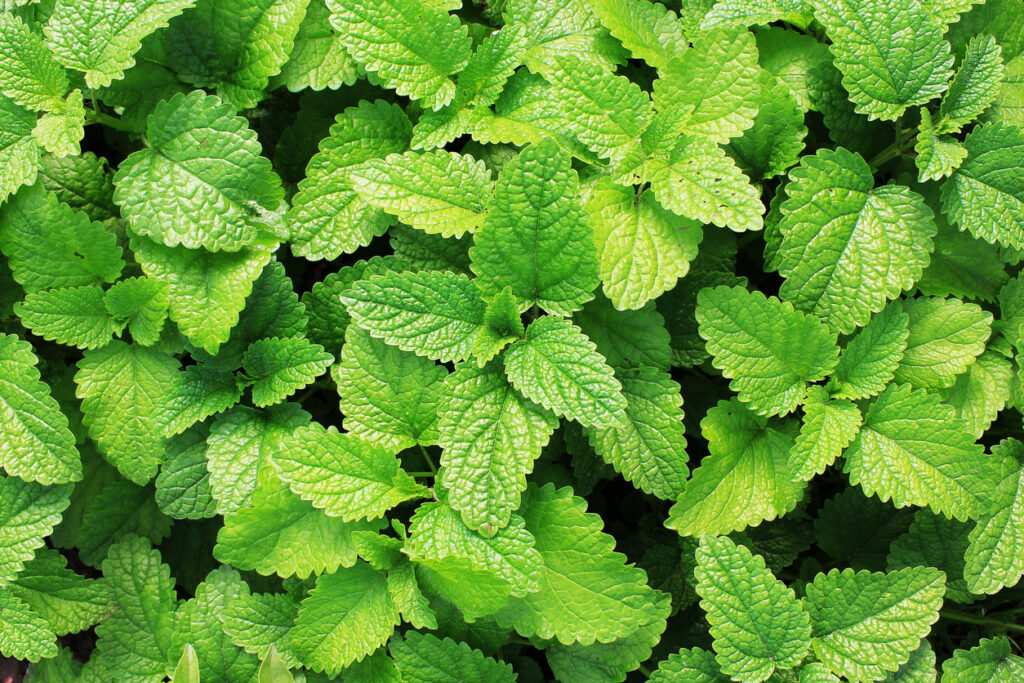
Peppermint stimulates alertness and reduces mental fatigue. Compounds like menthol interact with sensory nerves and increase wakefulness, while also potentially improving memory and reaction time in low-pressure cognitive tasks. That zingy scent isn’t just refreshing—it’s acting on your nervous system to keep you alert. Chewing peppermint gum or inhaling peppermint oil is like nature’s version of a light cognitive jolt.
9. Ginkgo biloba
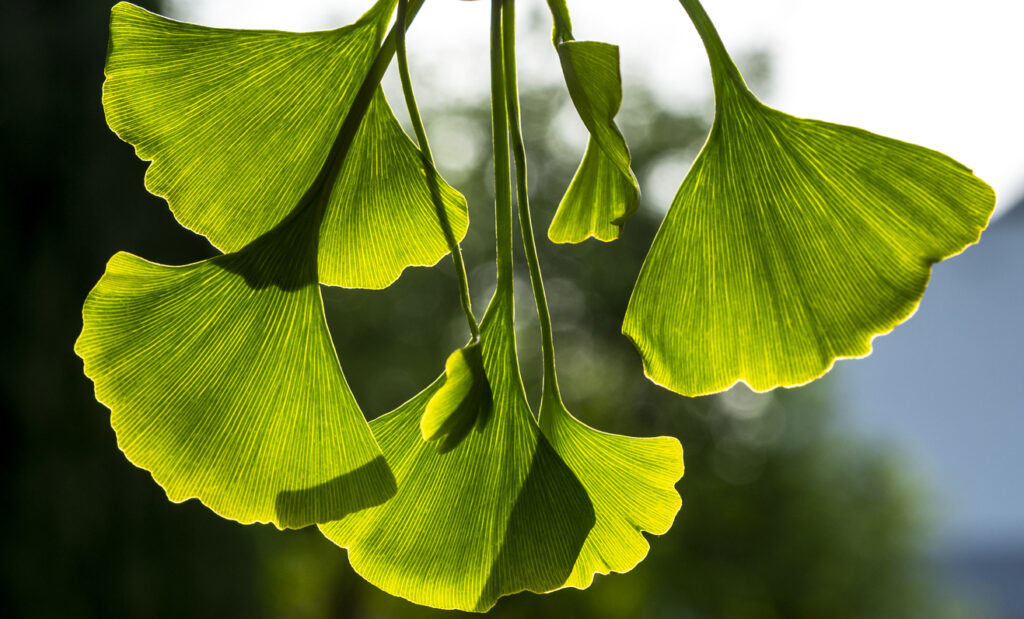
Often marketed as a memory enhancer, ginkgo improves circulation in the brain and may help protect neurons from oxidative damage. Some studies link it to improved executive function and reduced brain fog in ageing adults. It’s not a quick fix, but over time it seems to support brain performance and may even help with anxiety. The changes are slow and cumulative—but they’re happening in your synapses all the same.
10. Lemon balm
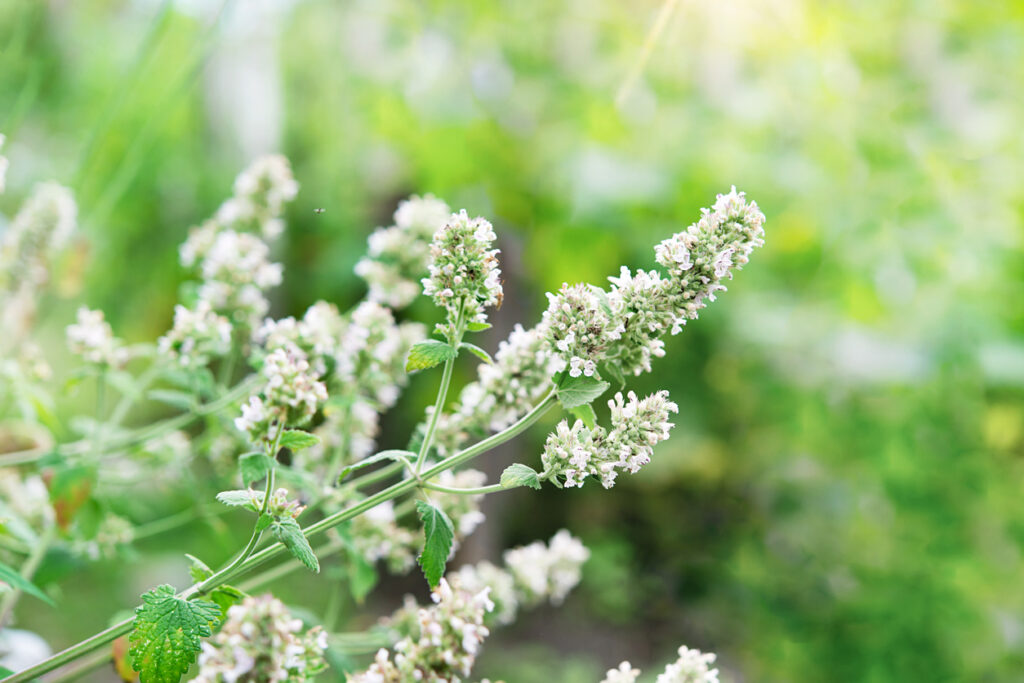
Lemon balm belongs to the mint family and has mild sedative effects. Like chamomile and lavender, it interacts with GABA receptors to reduce restlessness and help regulate mood. It’s often paired with valerian root or passionflower in teas designed to calm the mind, but even alone it has a gentle, grounding effect. It’s especially popular for easing anxious rumination without making you feel foggy.
11. Green tea

Green tea contains both caffeine and L-theanine—a rare combo that stimulates without overstimulating. L-theanine promotes alpha brain waves, which are associated with focus, calm, and creativity. This is why green tea gives a smoother, less jittery buzz compared to coffee. The L-theanine calms the nervous system even as the caffeine keeps your mind alert. It’s biochemical multitasking in a cup.
12. Valerian root
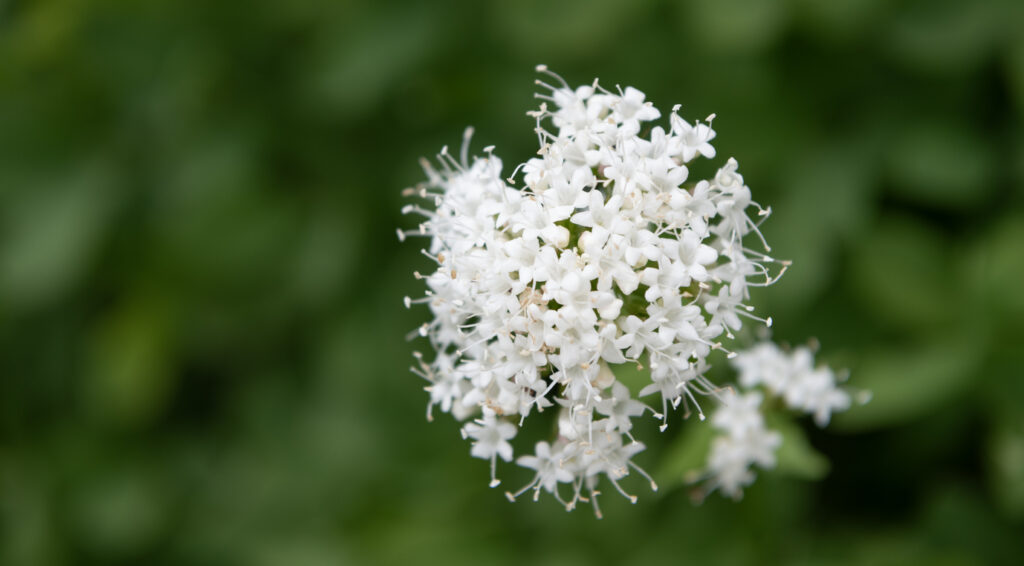
Valerian is one of the strongest herbal sedatives commonly available. It enhances GABA activity, slows down neural excitability, and can dramatically reduce sleep latency—the time it takes you to fall asleep. Some people find it deeply calming, while others feel slightly groggy or mentally foggy after taking it. Either way, it’s not a placebo—it’s altering your brain’s electrical rhythm and dampening overstimulation fast.